In the world of electrical engineering and manufacturing, one of the unsung heroes that play a vital role is magnet wire. Also known as winding wire or enameled wire, magnet wire is a crucial component in a wide range of applications where the efficient transmission of electrical energy is required. From transformers to electric motors, from generators to inductors, magnet wire is the literal ‘thread’ that weaves its way through the fabric of modern technology. At its core, magnet wire is a simple yet ingenious product. It consists of a conductor wire, typically made of copper or aluminum due to their excellent electrical conductivity properties, coated with a thin layer of insulation. This insulation is typically made of enamel, varnish, or polymer film, which serves the dual purpose of electrically insulating the wire and providing mechanical protection. The insulation is crucial because it prevents the wire from shorting out when wound into coils or closely packed configurations. One of the key characteristics that make magnet wire so indispensable is its ability to carry electrical current with minimal energy loss. Thanks to its low resistance, magnet wire allows for efficient transmission of electricity, making it ideal for applications where energy efficiency is paramount. This is particularly important in devices like transformers and electric motors, where even small energy losses can have significant consequences in terms of performance and operating costs. The insulation on magnet wire also plays a crucial role in ensuring the reliability and longevity of electrical components. By protecting the conductor from environmental factors such as moisture, heat, and mechanical stress, the insulation helps to prevent short circuits and corrosion, which can compromise the performance and safety of the equipment. In applications where the wire is subject to high temperatures or harsh operating conditions, the choice of insulation material becomes even more critical to ensure the wire’s durability and performance over its service life. Magnet wire comes in various standard sizes, ranging from ultra-fine gauges used in delicate electronics applications to thicker gauges used in heavy-duty electrical equipment.

.
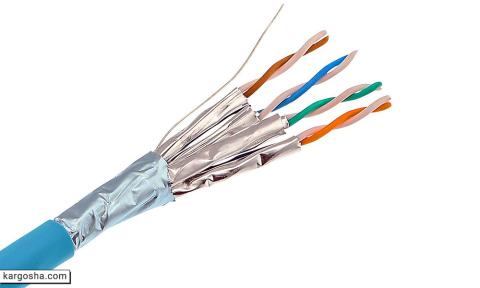 The choice of wire size depends on factors such as the amount of current the wire will carry, the voltage it will be subjected to, and the space available for winding the wire. Engineers and designers must carefully consider these factors when selecting the appropriate magnet wire for their specific application to ensure optimal performance and reliability. When it comes to selecting magnet wire, engineers have a choice between copper wire and aluminum wire, each with its own set of advantages and considerations. Copper wire is favored for its superior electrical conductivity and resistance to corrosion, making it an excellent choice for high-performance applications where efficiency is critical. However, copper wire is more expensive than aluminum wire, which may make it less cost-effective for some applications. On the other hand, aluminum wire offers a lighter weight and lower cost alternative to copper wire, making it an attractive option for applications where weight savings and cost efficiency are priorities. While aluminum wire has slightly higher electrical resistance than copper wire, it can still be a viable choice for many applications with proper design considerations. Engineers must carefully evaluate the specific requirements of their application to determine whether copper or aluminum wire is the best choice for achieving the desired performance and cost efficiency. In addition to the choice of conductor material, engineers must also consider the type of insulation used on magnet wire. There are several types of insulation materials available, each with its own set of characteristics and suitability for different applications. For example, enamel insulation is commonly used for its durability and resistance to high temperatures, making it ideal for applications where the wire will be subjected to heat stress. Varnish insulation, on the other hand, offers good dielectric strength and resistance to moisture, making it suitable for applications where environmental protection is a priority. Polymer film insulation provides excellent mechanical protection and flexibility, making it an ideal choice for applications where the wire will undergo repeated bending or flexing.
The choice of wire size depends on factors such as the amount of current the wire will carry, the voltage it will be subjected to, and the space available for winding the wire. Engineers and designers must carefully consider these factors when selecting the appropriate magnet wire for their specific application to ensure optimal performance and reliability. When it comes to selecting magnet wire, engineers have a choice between copper wire and aluminum wire, each with its own set of advantages and considerations. Copper wire is favored for its superior electrical conductivity and resistance to corrosion, making it an excellent choice for high-performance applications where efficiency is critical. However, copper wire is more expensive than aluminum wire, which may make it less cost-effective for some applications. On the other hand, aluminum wire offers a lighter weight and lower cost alternative to copper wire, making it an attractive option for applications where weight savings and cost efficiency are priorities. While aluminum wire has slightly higher electrical resistance than copper wire, it can still be a viable choice for many applications with proper design considerations. Engineers must carefully evaluate the specific requirements of their application to determine whether copper or aluminum wire is the best choice for achieving the desired performance and cost efficiency. In addition to the choice of conductor material, engineers must also consider the type of insulation used on magnet wire. There are several types of insulation materials available, each with its own set of characteristics and suitability for different applications. For example, enamel insulation is commonly used for its durability and resistance to high temperatures, making it ideal for applications where the wire will be subjected to heat stress. Varnish insulation, on the other hand, offers good dielectric strength and resistance to moisture, making it suitable for applications where environmental protection is a priority. Polymer film insulation provides excellent mechanical protection and flexibility, making it an ideal choice for applications where the wire will undergo repeated bending or flexing.
..
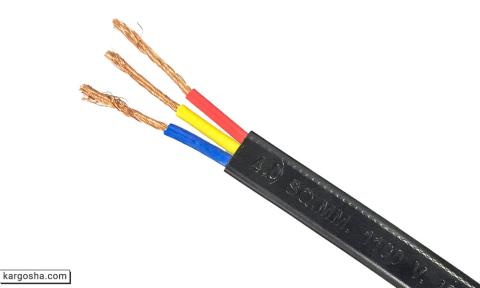 By selecting the right insulation material, engineers can ensure that the magnet wire will perform reliably and effectively in the intended application. One of the key advantages of magnet wire is its versatility and adaptability to a wide range of applications across various industries. In the automotive sector, magnet wire is used in electric vehicle motors, ignition systems, and sensors, where its high efficiency and reliability are critical for optimal performance. In the aerospace industry, magnet wire is used in avionics systems, actuators, and communication devices, where lightweight construction and durability are essential. The renewable energy sector also relies heavily on magnet wire for applications such as wind turbines, solar panels, and energy storage systems, where the efficient transmission of electricity is crucial for maximizing energy output. In the industrial sector, magnet wire is used in machinery, control systems, and power distribution equipment, where reliability and longevity are paramount for uninterrupted operation. From household appliances to medical devices, magnet wire finds its way into countless products that we use in our daily lives, often without us even realizing it. In conclusion, magnet wire may be a humble component, but its role in enabling the efficient transmission of electrical energy cannot be overstated. From its high electrical conductivity to its reliable insulation properties, magnet wire is a fundamental building block in the world of electrical engineering and technology. Engineers and designers must carefully consider factors such as conductor material, wire size, and insulation type when selecting magnet wire for their applications to ensure optimal performance and reliability. Whether it’s powering our homes, propelling our vehicles, or connecting us to the digital world, magnet wire quietly works behind the scenes to keep our modern society running smoothly.
By selecting the right insulation material, engineers can ensure that the magnet wire will perform reliably and effectively in the intended application. One of the key advantages of magnet wire is its versatility and adaptability to a wide range of applications across various industries. In the automotive sector, magnet wire is used in electric vehicle motors, ignition systems, and sensors, where its high efficiency and reliability are critical for optimal performance. In the aerospace industry, magnet wire is used in avionics systems, actuators, and communication devices, where lightweight construction and durability are essential. The renewable energy sector also relies heavily on magnet wire for applications such as wind turbines, solar panels, and energy storage systems, where the efficient transmission of electricity is crucial for maximizing energy output. In the industrial sector, magnet wire is used in machinery, control systems, and power distribution equipment, where reliability and longevity are paramount for uninterrupted operation. From household appliances to medical devices, magnet wire finds its way into countless products that we use in our daily lives, often without us even realizing it. In conclusion, magnet wire may be a humble component, but its role in enabling the efficient transmission of electrical energy cannot be overstated. From its high electrical conductivity to its reliable insulation properties, magnet wire is a fundamental building block in the world of electrical engineering and technology. Engineers and designers must carefully consider factors such as conductor material, wire size, and insulation type when selecting magnet wire for their applications to ensure optimal performance and reliability. Whether it’s powering our homes, propelling our vehicles, or connecting us to the digital world, magnet wire quietly works behind the scenes to keep our modern society running smoothly.
…
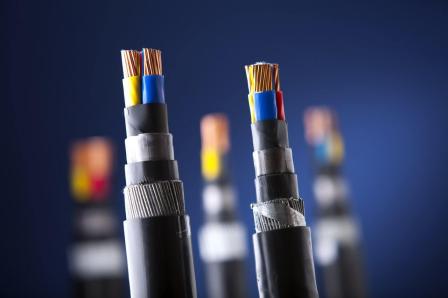 So the next time you flip a switch, start your car, or charge your phone, take a moment to appreciate the unsung hero that is magnet wire, silently carrying the spark of electricity that powers our world. Its importance in the field of electrical engineering cannot be undermined, as magnet wire forms the backbone of many essential devices and systems that we rely on daily. Without magnet wire, the efficiency and reliability of electrical components such as transformers, motors, and generators would be compromised, leading to increased energy losses, reduced performance, and potential safety hazards. Therefore, investing in high-quality magnet wire is essential to ensure the optimal functioning of these critical systems. When shopping for magnet wire, it is crucial to consider factors such as the intended application, operating conditions, and performance requirements. Selecting the right type of magnet wire can make a significant difference in the efficiency, longevity, and reliability of the electrical equipment in which it is used. By choosing a reputable supplier that offers high-quality magnet wire, you can be confident in the performance and durability of the products you create or use. In addition to its functional benefits, magnet wire also offers a cost-effective solution for many electrical engineering applications. By optimizing the design and selection of magnet wire based on your specific needs, you can achieve energy-efficient operation, improved performance, and cost savings in the long run. Whether you are designing a new electrical system or upgrading existing equipment, investing in high-quality magnet wire can lead to a more reliable and efficient end product. In conclusion, magnet wire is a versatile and essential component in the world of electrical engineering and manufacturing. Its ability to efficiently transmit electrical energy, coupled with its reliability and durability, makes it a fundamental element in a wide range of applications. Whether you are building transformers, electric motors, inductors, or any other electrical device, choosing the right magnet wire is crucial to ensuring optimal performance and longevity. By understanding the importance of magnet wire and selecting the appropriate type for your specific application, you can create products that are not only efficient and reliable but also cost-effective in the long term. So, the next time you are in need of magnet wire for your electrical projects, remember the critical role it plays in powering our world and make a wise investment in this essential component. Your electrical systems will thank you for it with improved performance, energy efficiency, and reliability.
So the next time you flip a switch, start your car, or charge your phone, take a moment to appreciate the unsung hero that is magnet wire, silently carrying the spark of electricity that powers our world. Its importance in the field of electrical engineering cannot be undermined, as magnet wire forms the backbone of many essential devices and systems that we rely on daily. Without magnet wire, the efficiency and reliability of electrical components such as transformers, motors, and generators would be compromised, leading to increased energy losses, reduced performance, and potential safety hazards. Therefore, investing in high-quality magnet wire is essential to ensure the optimal functioning of these critical systems. When shopping for magnet wire, it is crucial to consider factors such as the intended application, operating conditions, and performance requirements. Selecting the right type of magnet wire can make a significant difference in the efficiency, longevity, and reliability of the electrical equipment in which it is used. By choosing a reputable supplier that offers high-quality magnet wire, you can be confident in the performance and durability of the products you create or use. In addition to its functional benefits, magnet wire also offers a cost-effective solution for many electrical engineering applications. By optimizing the design and selection of magnet wire based on your specific needs, you can achieve energy-efficient operation, improved performance, and cost savings in the long run. Whether you are designing a new electrical system or upgrading existing equipment, investing in high-quality magnet wire can lead to a more reliable and efficient end product. In conclusion, magnet wire is a versatile and essential component in the world of electrical engineering and manufacturing. Its ability to efficiently transmit electrical energy, coupled with its reliability and durability, makes it a fundamental element in a wide range of applications. Whether you are building transformers, electric motors, inductors, or any other electrical device, choosing the right magnet wire is crucial to ensuring optimal performance and longevity. By understanding the importance of magnet wire and selecting the appropriate type for your specific application, you can create products that are not only efficient and reliable but also cost-effective in the long term. So, the next time you are in need of magnet wire for your electrical projects, remember the critical role it plays in powering our world and make a wise investment in this essential component. Your electrical systems will thank you for it with improved performance, energy efficiency, and reliability.
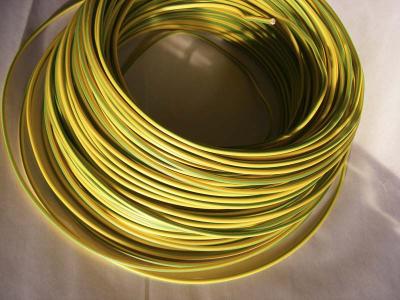
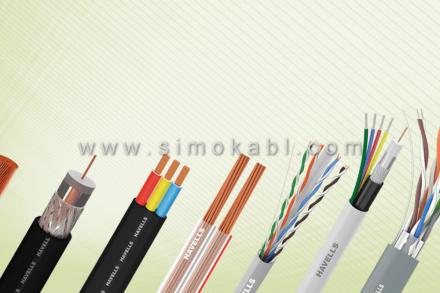
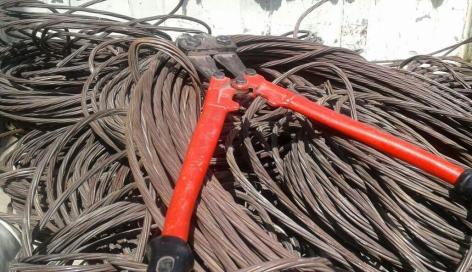
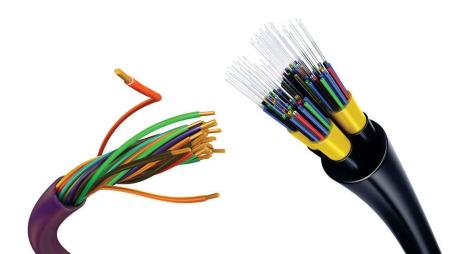
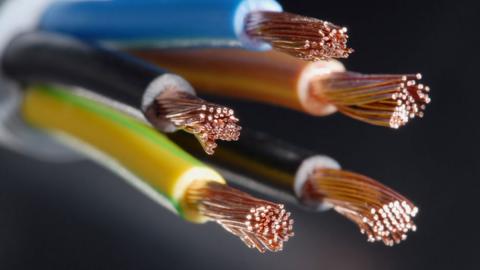
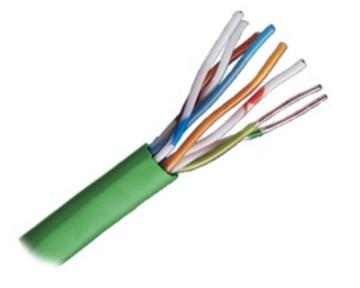
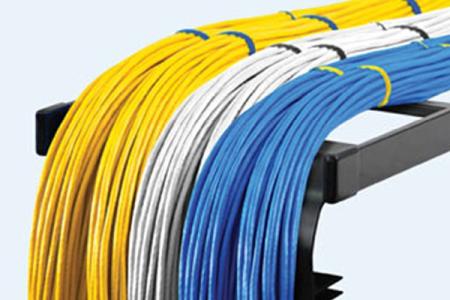
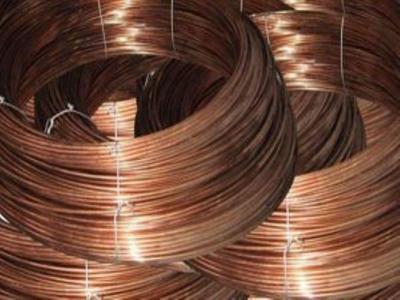
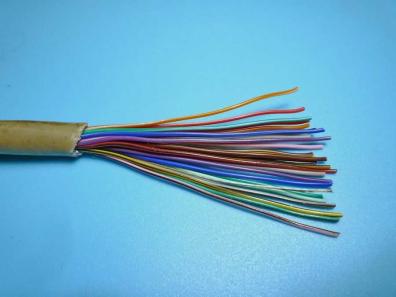
Your comment submitted.